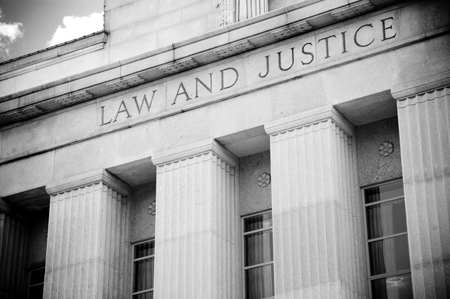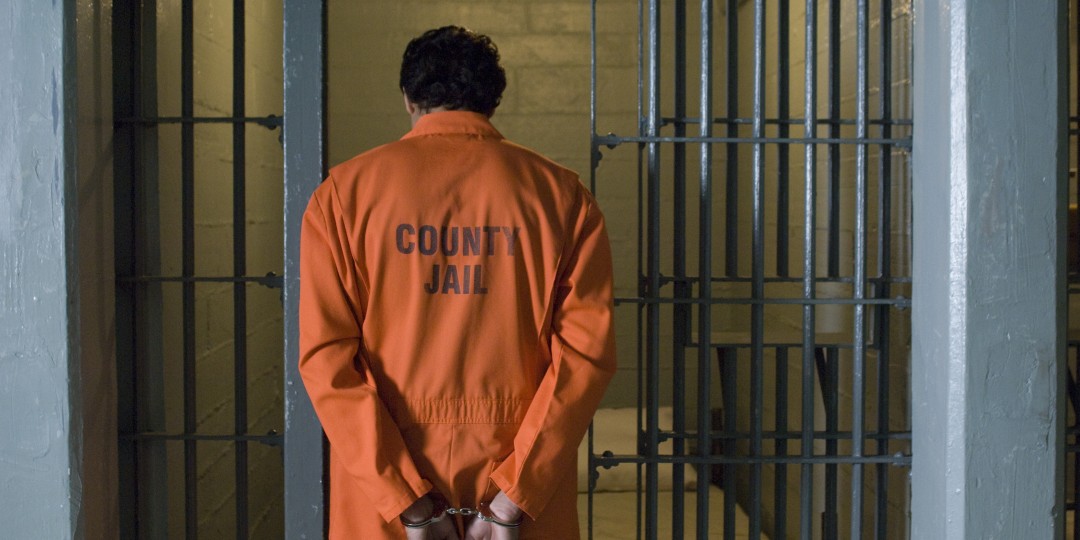
Facing federal criminal charges is a daunting experience that requires expert legal representation. When searching for a federal criminal defense lawyer, it’s crucial to ask the right questions to ensure you find an attorney who is qualified, experienced, and dedicated to protecting your rights. Here are some essential questions to ask when consulting with a federal criminal defense lawyer.
1. What is Your Experience with Federal Criminal Cases?
Begin by asking about the attorney’s experience with federal criminal cases. Inquire about the types of federal charges they have handled in the past and their track record of success. A seasoned federal criminal defense attorney in Dallas will have extensive experience representing clients in federal court and a thorough understanding of federal laws and procedures.
2. Have You Handled Cases Similar to Mine?
It’s essential to choose a federal criminal defense lawyer who has experience handling cases similar to yours. Whether you’re facing charges related to drug offenses, white-collar crimes, or weapons offenses, you want an attorney familiar with your case’s specific nuances and a proven track record of achieving favorable outcomes in similar situations.
3. What is Your Approach to Defense Strategies?
Discuss the attorney’s approach to defense strategies and how they plan to handle your case. Inquire about their tactics for gathering evidence, challenging the prosecution’s case, and negotiating with prosecutors. A skilled federal criminal defense lawyer in Dallas will develop a customized defense strategy tailored to the unique circumstances of your case and aggressively advocate on your behalf.
4. Will You Personally Handle My Case?
Clarify whether the attorney you’re consulting with will personally handle your case or delegate it to another member of their firm. It’s essential to have direct access to your attorney and ensure they are actively involved in all aspects of your defense. Dallas’s reputable federal criminal defense lawyer will prioritize personalized attention and communication with their clients throughout the legal process.
5. What Are the Potential Outcomes of My Case?
Ask the attorney to explain the potential outcomes of your case and the legal options available to you. Inquire about the likelihood of securing a dismissal, negotiating a plea deal, or prevailing at trial. A knowledgeable federal criminal defense lawyer will provide honest and realistic assessments of your case and help you understand the possible consequences of various legal strategies.
6. How Will You Keep Me Informed About My Case?
Communication is key when working with a federal criminal defense lawyer. Ask how the attorney plans to keep you informed about developments in your case, such as court dates, hearings, and updates from the prosecution. Ensure they have a clear communication plan in place and are responsive to your questions and concerns throughout the legal process.
7. What Are Your Fees and Payment Structure?
Discuss the attorney’s fees and payment structure upfront to avoid any surprises later on. Inquire about their billing rates, retainer fees, and whether they offer payment plans or accept credit cards. A reputable federal criminal defense lawyer in Dallas will provide transparent pricing information and work with you to ensure their services are affordable and accessible.
8. Do You Have References or Client Testimonials?
Ask the attorney if they can provide references or client testimonials from past clients. Hearing from former clients about their experiences working with the attorney can give you valuable insights into their professionalism, competence, and effectiveness as legal advocates. Additionally, you can research online reviews and testimonials to gauge the attorney’s reputation in the legal community.
9. Are You Familiar with the Federal Court System in Dallas?
Inquire about the attorney’s familiarity with the federal court system in Dallas, including the judges, prosecutors, and courtroom procedures. A federal criminal defense lawyer who is well-acquainted with the local legal landscape will have a strategic advantage when navigating your case and advocating on your behalf.
10. What Sets You Apart from Other Federal Criminal Defense Attorneys?
Finally, ask the attorney what sets them apart from other federal criminal defense attorneys in Dallas. Inquire about their unique qualifications, accomplishments, and commitment to providing exceptional legal representation. A reputable federal criminal defense lawyer will be able to articulate their strengths and explain why they are the best choice for handling your case.
When consulting with a federal criminal defense lawyer, asking the right questions is essential for finding the right legal representation for your case. By inquiring about the attorney’s experience, approach to defense strategies, communication style, fees, references, familiarity with the local court system, and unique qualifications, you can make an informed decision and choose an attorney who will vigorously defend your rights and interests in federal court. Whether you’re seeking a federal criminal defense attorney in Dallas or a federal criminal defense lawyer in Dallas, asking these questions will help ensure you find the best legal advocate for your case.














